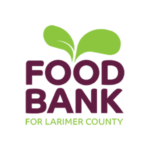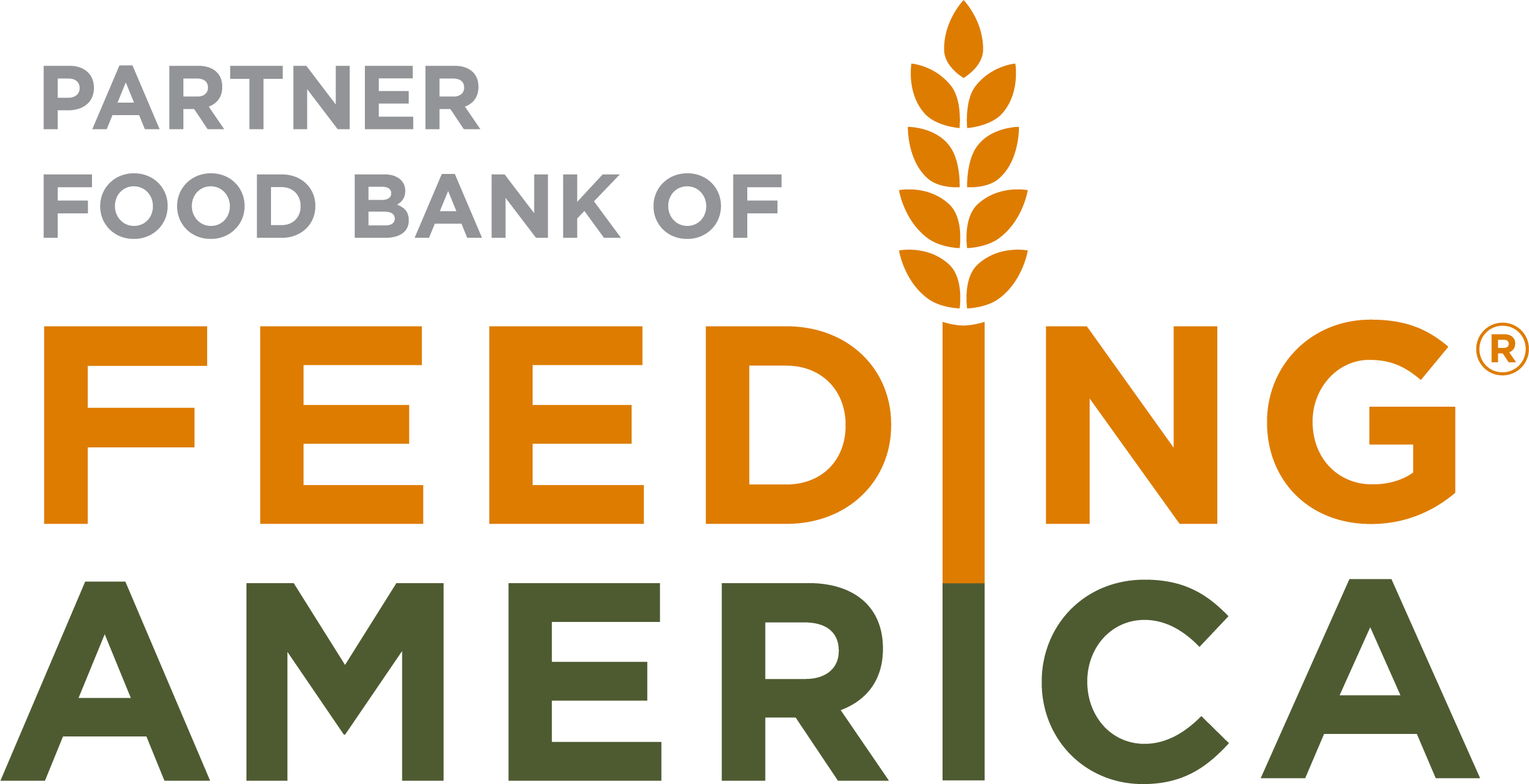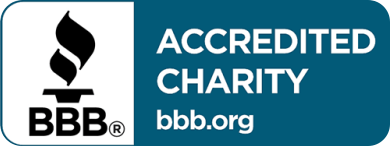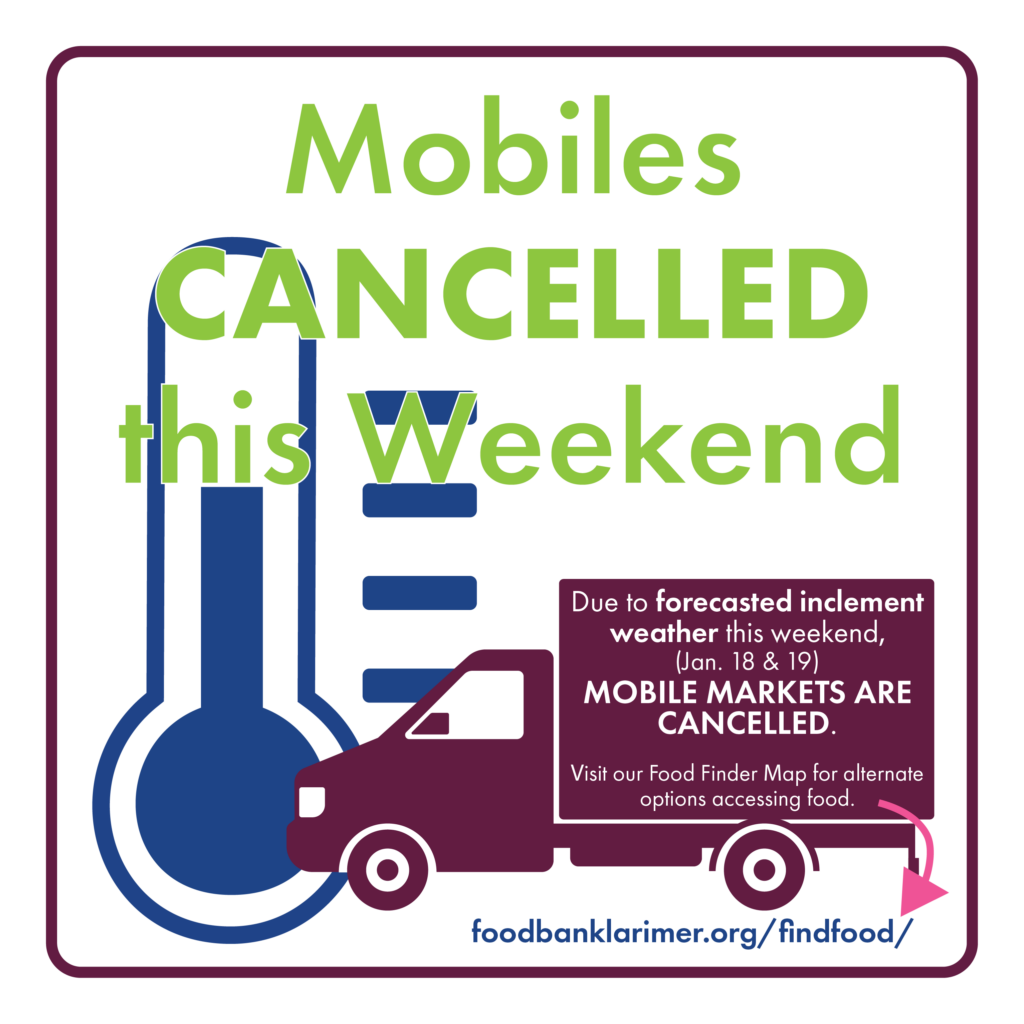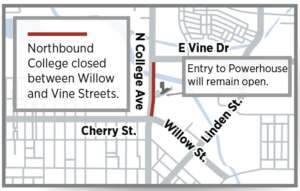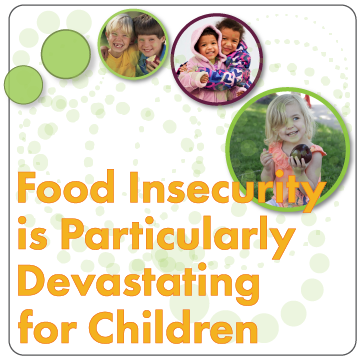 When we discuss food insecurity, the conversation often centers on physical hunger, the empty stomach, the skipped meals, and the reliance on food banks. However, for children, the impact of food insecurity extends far beyond the physical realm. It embeds itself in their psyche, often manifesting as a profound sense of shame.
When we discuss food insecurity, the conversation often centers on physical hunger, the empty stomach, the skipped meals, and the reliance on food banks. However, for children, the impact of food insecurity extends far beyond the physical realm. It embeds itself in their psyche, often manifesting as a profound sense of shame.
Shame is a potent, corrosive emotion. Unlike guilt, which suggests “I did something bad,” shame conveys “I am bad.” For children experiencing food insecurity, shame can become a constant companion, influencing their self-perception, relationships, and worldview.
Internalizing the Stigma
Children are acutely aware of societal cues and judgments. They notice when their lunches differ from their peers’ or when they lack money for snacks or school events. Over time, many internalize the belief that their family’s struggles are a reflection of they believe to be their own worthlessness. This internalized stigma often leads to low self-esteem, with children feeling embarrassed about their circumstances and perceiving themselves as burdens.
According to Map the Meal Gap, who compiled rates of food insecurity using data from Feeding America, in 2023, there were 8,370 children experiencing food insecurity in Larimer County; which is just over 12% of Larimer County’s population. While this rate is lower than the state’s average (14.3%), it still represents a significant portion of the youth population grappling with the challenges of poverty and, by extension, food insecurity.
The Isolation of Shame
Shame thrives in secrecy. Many children affected by food insecurity withdraw socially, avoiding situations where their circumstances might be exposed. They might decline invitations to parties or sleepovers, fabricate stories about their meals, or remain silent about their home life. This self-imposed isolation is a defense mechanism, aiming to shield them from judgment and further shame.
Fear of Being Found Out
The constant fear of exposure adds another layer of psychological strain. Children may dread lunchtime, not because of the food itself, but due to anxiety about peers noticing their meals—or lack thereof. This persistent fear can lead to hypervigilance, where children are perpetually on edge, anticipating potential embarrassment or ridicule. A recent article by Rowena Norman discussed her own experience with lunch shaming: “I felt so embarrassed and isolated. The last thing a 10-year-old girl wants to do is stick out in front of her classmates, but that’s exactly what happened. And a lot of kids would make fun of me. ”
Guilt and Responsibility
In households facing food insecurity, older children often assume adult responsibilities prematurely. They might skip meals to ensure younger siblings eat or suppress their own hunger to avoid burdening their parents. This dynamic fosters a complex mix of guilt and shame, as children grapple with feelings of responsibility for their family’s well-being.
Long-Term Emotional Impacts
The psychological ramifications of food insecurity and associated shame can have lasting effects. Chronic stress and shame are linked to mental health challenges such as depression and anxiety. Moreover, inconsistent access to food can lead to disordered eating behaviors, including hoarding or binge eating, patterns that may persist into adulthood (source).
What Can Be Done?
While the impacts are real and serious, there is hope. Teachers, caregivers, and community members can make a profound difference by creating shame-resilient environments. This means approaching food insecurity not with pity or judgment, but with empathy, discretion, and dignity.
It means offering support in ways that protect privacy—like universal free meals at schools or discreet distribution of food assistance. It means teaching children that needing help is not a sign of failure, but of humanity.
Most of all, it means seeing these children not through the lens of what they lack, but for the resilience, compassion, and strength they show each day.
What We’re Doing
We have several programs and services that feed kids. The one most prominent during the summer months is The Lunch Lab. Every weekday during the summer months, we invite any school-aged kid to join us at a local park or community gathering place to come and get a no-cost lunch. These healthy meals are made-from-scratch using nutritional guidelines for kids’ health.
This year’s Lunch Lab is a full experience that makes lunchtime a fun and interactive outing! We are coordinating with community organizations that will offer kids fun learning, engagement, games, and prizes during lunchtimes. View the activity schedule on The Lunch Lab website and scrolling down to the “On-Site Activities” section.
